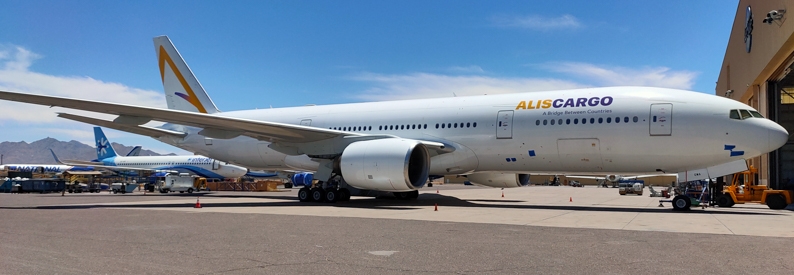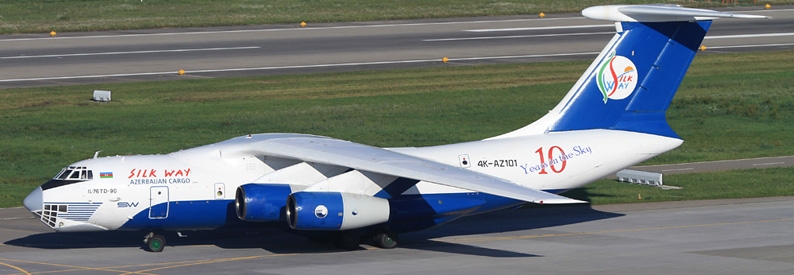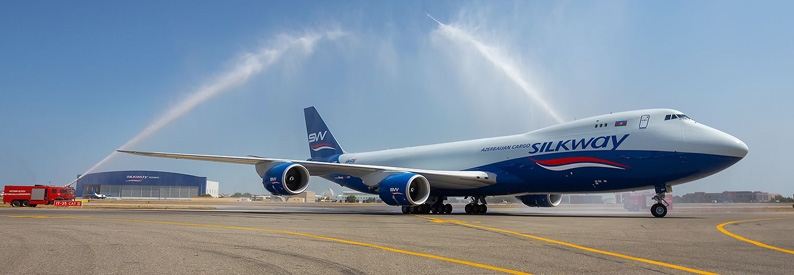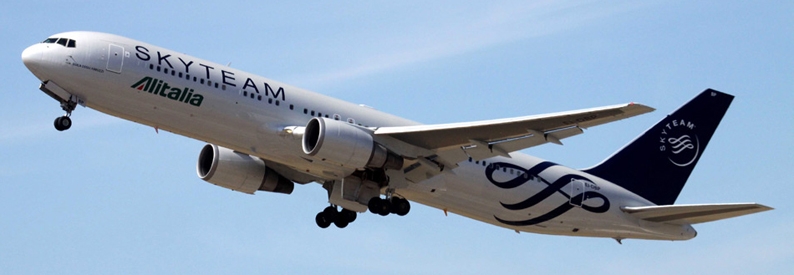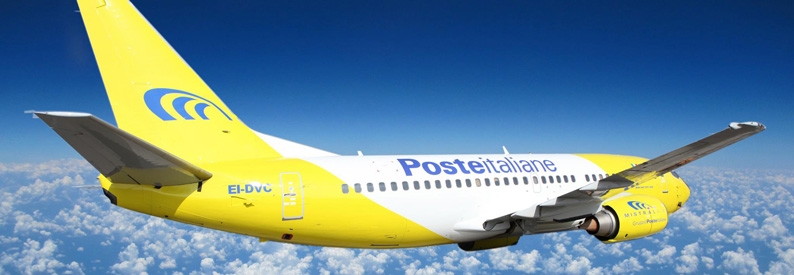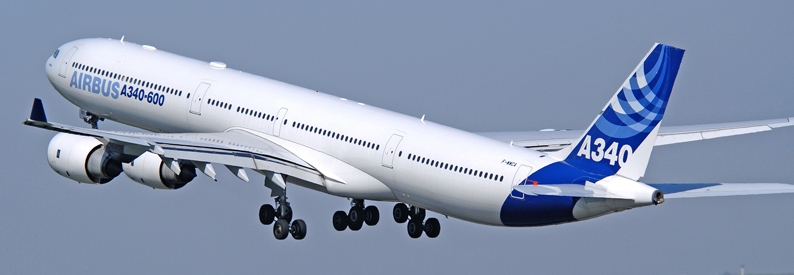Chinese Logistics company STO Express signed a deal to develop Budapest as a hub for cargo flights between China and Europe, the carrier announced.
According to an agreement signed on the sidelines of the 16+1 initiative summit, covering sixteen Central-Eastern European countries and China, STO Express will launch regular cargo operations to Budapest. While neither the frequency nor the exact route has been announced in the statement, the first flight was operated at the beginning of November from Hong Kong International via Baku Heydar Aliev International by SW Italia (Milan Malpensa) using a B747-400(F), Flightradar24 ADS-B data shows.
STO Express will cooperate with Hungarian company EKOL Ltd., which will provide further transportation of goods across Europe by the means of road and rail transit. The parties hope for a continuation of growth in the e-commerce industry to fill the capacity of the new service.
Budapest cargo traffic has been growing by double-digits this year, reaching 103,700 tonnes from January to October. The growth has been mostly fuelled by increased cargo capacity on widebody passenger aircraft rather than all-cargo flights.
STO Express’ expansion in Europe follows similar moves from other leading Chinese logistics companies in recent months. In June, China Post said it will set up a European headquarters at Hannover, and announced 2x weekly cargo flights from Shanghai Pudong. In August, Suparna Airlines launched a Xi'an Xianyang-Frankfurt Hahn-Ordos Ejin Horo route.
The expansion of Chinese companies in the European transport sector is part of the national “One Belt, One Road” strategy which focuses on strengthening links between China and other parts of the world, primarily Europe. Central-Eastern European countries, positioned between Western Europe and Asia, have been competing for Chinese investment and new connections. While Prague Václav Havel leads the region in terms of passenger services to China, Budapest now aspires to become the leading cargo hub. Poland is mostly focused on rail links, although Chinese investors might get involved in the construction of a new central airport in the country, scheduled to open in 2027.

